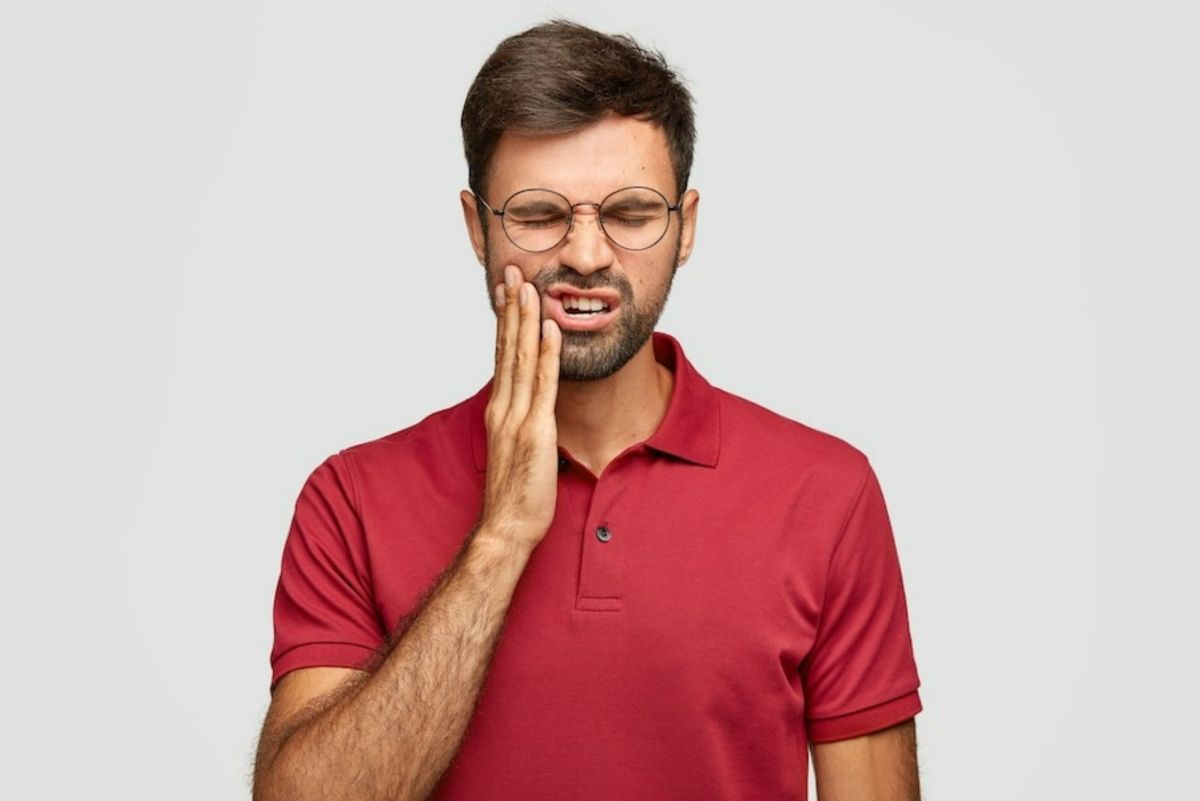Oral Cancer: A large number of people suffer from oral cancer. It has high mortality and morbidity rates. Oral cancer can be seen in any part of the mouth (ie the oral cavity). It can occur on a person’s lips, gums, tongue, roof of the mouth, and floor of the mouth (meaning under the tongue). Oral cancer is the most common form of head and neck cancer and occurs in both young and old populations. Among the causes of oral cancer are smoking, alcohol consumption, excessive use of tobacco and human papillomavirus (HPV) infection. However, it can also occur in patients with no known risk factors.
Dr. Thiratharam Kaushik, Consultant Oncosurgeon Wockhardt Hospitals Mira Road spoke to India.com and discussed the symptoms, treatment and prevention of oral cancer. Read on to know more about this.
Symptoms of oral cancer
A person with oral cancer will have symptoms such as painful mouth ulcers that refuse to heal, lumps in the mouth or throat, loose teeth or sockets, numbness or a strange feeling on the lips or tongue, white or red patches on the lining. mouth or tongue, slurred speech, hoarse voice, thickening of the cheeks, change in taste or tongue sensation, inability to chew or swallow, facial numbness, dentures that don’t fit well, bleeding in the mouth, weight loss, and numbness in the mouth. Get timely intervention when you notice these symptoms. Delaying treatment may worsen symptoms. So, be careful when it comes to your health.
Oral cancer treatment and prevention
Once you are diagnosed with oral cancer, the doctor will decide the line of treatment based on the location and stage of the cancer. You may be advised to undergo surgery to get rid of cancerous cells, radiation therapy or chemotherapy. So, after examining your overall health the doctor will decide what is best for you. You must follow the instructions given by the doctor and avoid self-medication. To prevent oral cancer, quit alcohol, tobacco and smoking and eat a balanced diet including fresh vegetables, fruits and whole grains. Try to practice good oral hygiene, maintain a healthy weight, exercise daily and go for regular dental check-ups and follow-ups.
